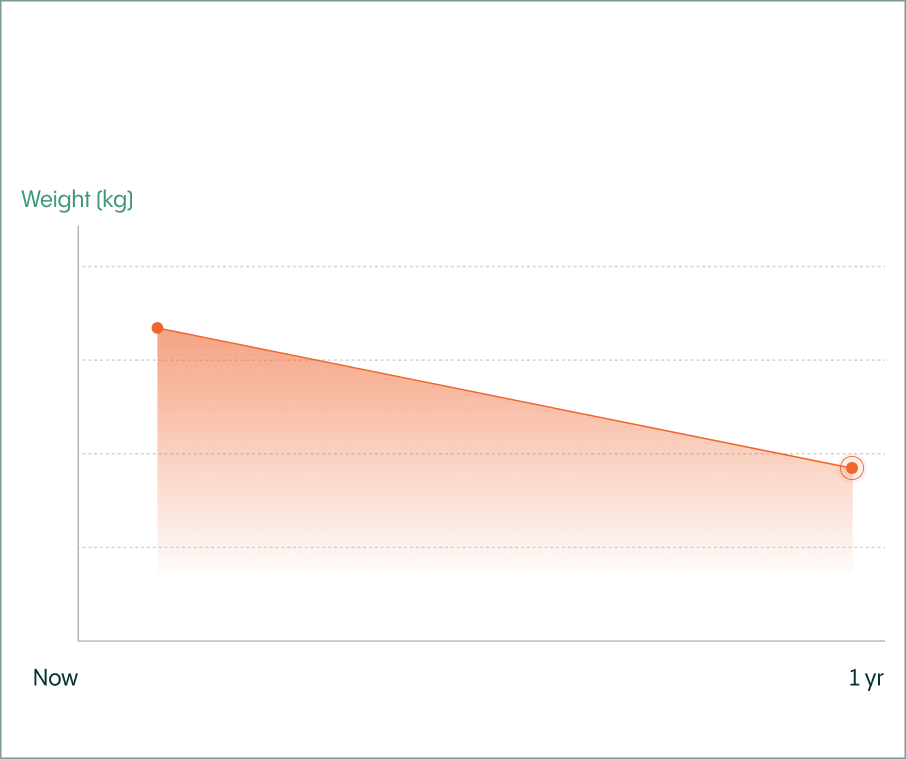
.jpeg)
A home pregnancy test (HPT) can be used on the first day of your missed period. Some very sensitive tests can be used even earlier.
These tests work by detecting the hormone human chorionic gonadotropin (hCG) in your urine. This hormone is only found in the body during pregnancy. A chemical in the stick changes color when it comes into contact with this hormone. Waiting times will vary depending on the test, but most take about 10 minutes to deliver an accurate reading.
Most manufacturers recommend that HPTs be taken twice, since results may vary if you take a test too soon after your first missed period. In some cases, your hCG levels are too low to catch early on. Applicators vary from brand to brand, but the tests are generally inexpensive.
Pregnancy tests are accurate when they’re used correctly. It’s possible to have a false negative, which happens when you’re pregnant but the test says you aren’t. If you missed your period and it doesn’t arrive after a few days, repeat the test or check with your doctor.
An at-home pregnancy test kit will involve placing the urine on a chemical strip. Test results will be ready in about 2 minutes, though different brands of pregnancy tests will have different result times.
Depending on the given instructions, you can either collect your urine in a container and dip the pregnancy test kit stick into it or hold a pregnancy stick in the urine stream.
As different brands of pregnancy test kits have different ways of displaying results, it is best to read the included instruction pamphlet carefully to learn how to read the results.
Results on different brands of pregnancy test kits might appear as:
The earliest you should take an at-home pregnancy test is 14 days after possible conception, however waiting until a missed period will give a more reliable result.
Some pregnancy tests available on the market can be taken earlier, but this will depend on how sensitive they are.
The best time for you to take a pregnancy test is in the morning, preferably after waking up. This is to avoid a false negative reading that can be caused by the consumption of liquid.
If you suspect that you might be pregnant, it is highly recommended that you take a test as soon as possible to make sure.
Early symptoms of pregnancy include:
If you experience any of these symptoms and recently had unprotected sex, it is possible you might be pregnant. It is recommended that you speak to your doctor as soon as possible.
If you were planning to get pregnant and your test results are positive, it is recommended to take another test to double check. If the second test is positive, you should contact your doctor as soon as possible (preferably before you reach the 8-week mark).Your doctor will be able to advise you on the lifestyle changes, diets and medications necessary to ensure a safe and healthy pregnancy.
If you were not planning to get pregnant and your test results are positive, you should contact your doctor immediately to discuss the available options like:
It is possible for you to achieve a false positive result. This could happen due to several reasons:
It is possible that some medications can influence a pregnancy's test results. These medications include:
Alcohol in the blood stream does not affect the pregnancy test because it does not interfere with the measurement of the hormone levels.
However, anyone who is trying to or expecting to become pregnant should avoid alcohol, as it can affect fetal development. Drinking during early pregnancy can increase the risk of miscarriage, premature birth, and low birth weight.
There are instances when a positive result can occur even when a woman is not pregnant. High levels of HCG can indicate that some health conditions have caused this increase of hormones.
These health conditions include:
If you are thinking of getting pregnant and would like to increase your chances of conceiving, it is highly recommended that you speak with your doctor and ask to do a pre-pregnancy check-up. During this check-up, doctors will look into any health conditions that might be affecting your chances of conceiving and determine the areas that should be worked on.

Articles featured on Zoey are for informational purposes only and should not be constituted as medical advice, diagnosis or treatment. If you have any medical questions or concerns, please talk to your healthcare provider. If you're looking for a healthcare provider, click here.
